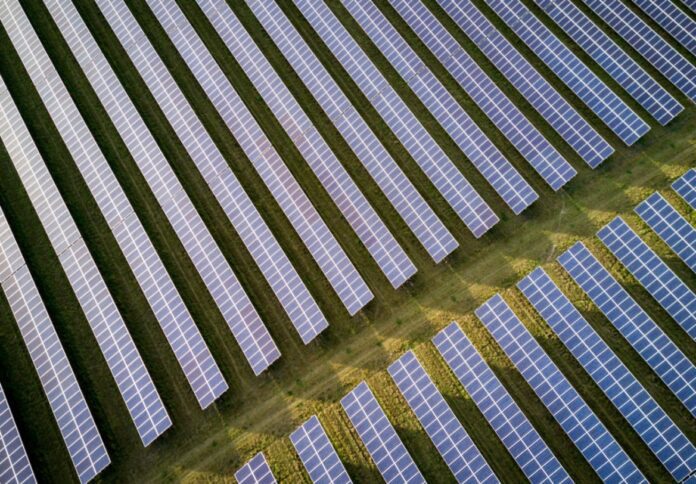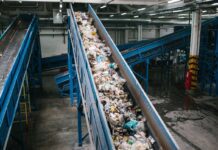
RMIT University is leading an international consortium focused on advancing the reuse and recycling of solar panels, addressing a looming environmental challenge.
By 2035, over 100,000 tonnes of solar panels are expected to enter Australia’s waste stream, carrying billions of dollars’ worth of recyclable materials, the university said in a news release.
Thursday marked the inauguration of a collaborative workspace and exhibition area at EDIPAE’s facility in Tomelloso, Spain.
EDIPAE, a key industry partner in the network, expressed enthusiasm about leveraging Australian technology to establish a circular economy model for solar panels.
Carlos Miralles Sánchez, director at EDIPAE, emphasised the significance of the new facility: “We now have a physical space to work with researchers on a cheaper and easier recycling solution through this Australian technology.”
The facility hosts a public exhibition showcasing various types of solar panel modules and the valuable by-products recovered through recycling.
Additionally, EDIPAE plans to collaborate with local entities to create employment and educational opportunities within the recycling sector.
The University of Castilla-La Mancha, a technological partner in the initiative, will utilize the space to conduct research and offer training workshops through its Renewable Energy Research Institute.
RMIT’s Dr Ylias Sabri noted that solar panels contribute to reducing carbon emissions, but highlighted the longstanding issue of inadequate infrastructure for scrapping and efficiently recycling them once they reach the end of their operational life.
“Solar panels have a lifespan of 25 to 30 years and contain valuable metals including silver and copper,” he said.
According to him, historically, there has been minimal interest in recovering these strategic metals from discarded panels due to the challenges and costs involved, resulting in their disposal in landfills.
Supported by the Australian Government Department of Climate Change, Energy, the Environment and Water, the Integrating End of Life Solar Panel Waste in Circular Economy network includes multidisciplinary teams from institutions such as New York University, CSIR-National Physical Laboratory, and King’s College London, among others.



















